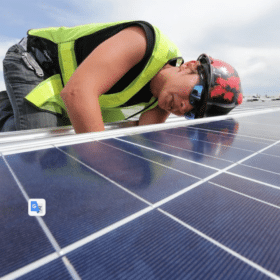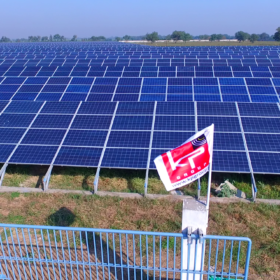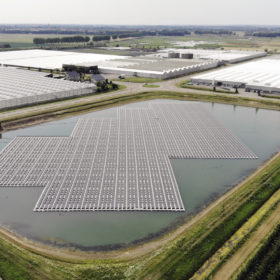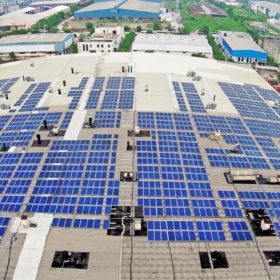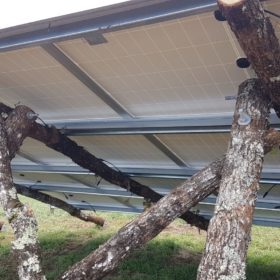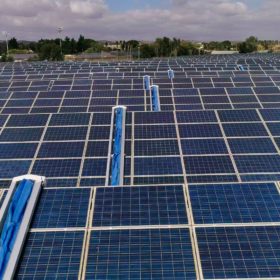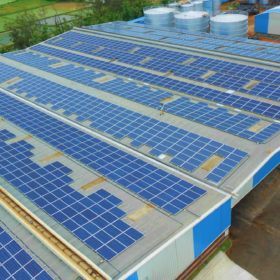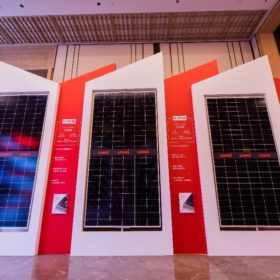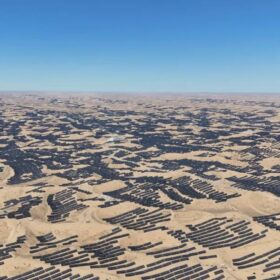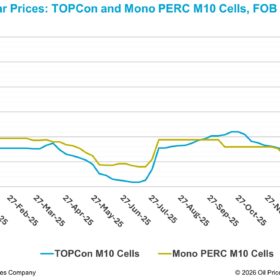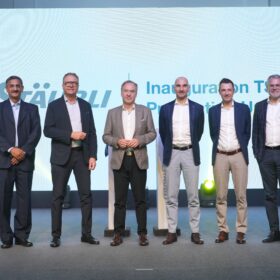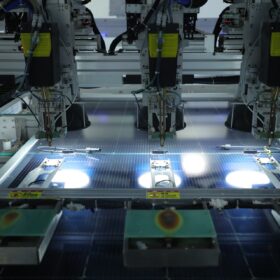Solar 101: Attaching your PV system to your roof
A solar racking system’s strength is determined in part by the metal racking, but it also depends on the roof’s underlying structure. Rafters and any supporting structures must be strong enough to withstand your region’s maximum wind and snow loads.
KPI Global secures 12.5 MW captive solar project
Gujarat-based solar developer KPI Global has received a letter of intent from Anupam Rasayan India to execute a 12.5 MW solar project under captive power producer category.
Bidding extended for 15 MW floating solar in Himachal Pradesh
Solar power developers have until June 15 to lodge interest for setting up the 15 MW grid-connected solar PV project in the Bilaspur district of Himachal Pradesh.
REIL tenders 8 MW rooftop solar capacity in Rajasthan
Bidders have until May 10 to lodge their interest in installing and commissioning the grid-connected solar capacity at various training and educational institutions across the State.
US-based EverGreen Power to assess feasibility of 300MW wind-solar-storage project in Gujarat
The U.S. Trade and Development Agency (USTDA) is funding the 300MW wind-solar-storage project as part of its mission to promote sustainable infrastructure projects in partner countries like India.
Solar park built on rough wooden structures comes online in France
French company Céléwatt energized its 250 kW ground-mounted array, built with mounting structures made of raw oak wood.
ReNew Power to employ Israeli bots for solar panel cleaning
Israeli firm Airtouch Solar has landed a $7.6 million deal to deploy its water-free cleaning robots for the Indian developer’s three solar farms in Rajasthan.
Fourth Partner Energy secures INR 250 crore from UK investor CDC Group
The Hyderabad-based developer shall use the capital to expand its solar portfolio as it targets 3 GW of PV capacity across all its verticals by 2025. The investment, in the form of non-convertible debentures, marks CDC’s foray into India’s commercial and industrial solar segment.
EPC partners sought for rooftop solar projects across India
Developers have until May 17 to bid for the installation, commissioning, and ten-year operation and maintenance of rooftop solar projects across India.
Longi unveils two PV modules for distributed generation
The two new products will be part of the Hi-MO4m panel series for rooftop applications. Their efficiency ranges from 19.2% to 21.2%.
